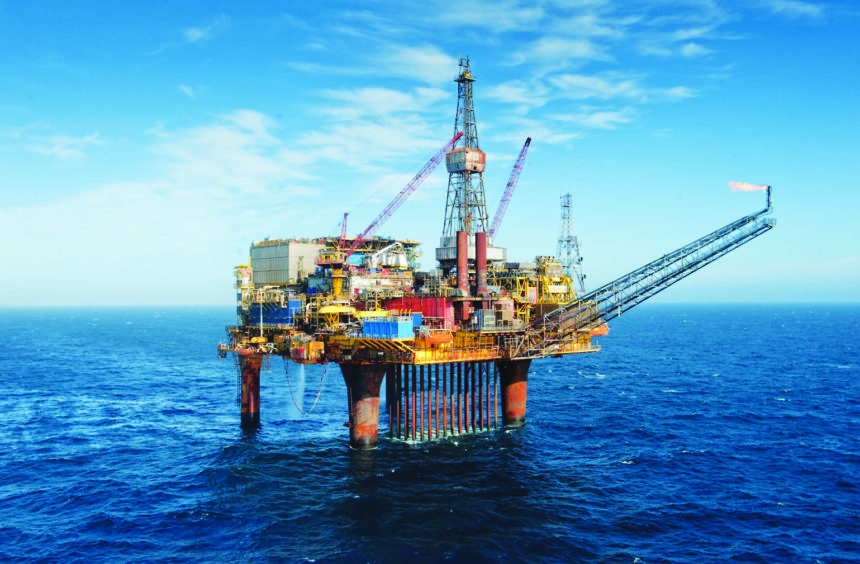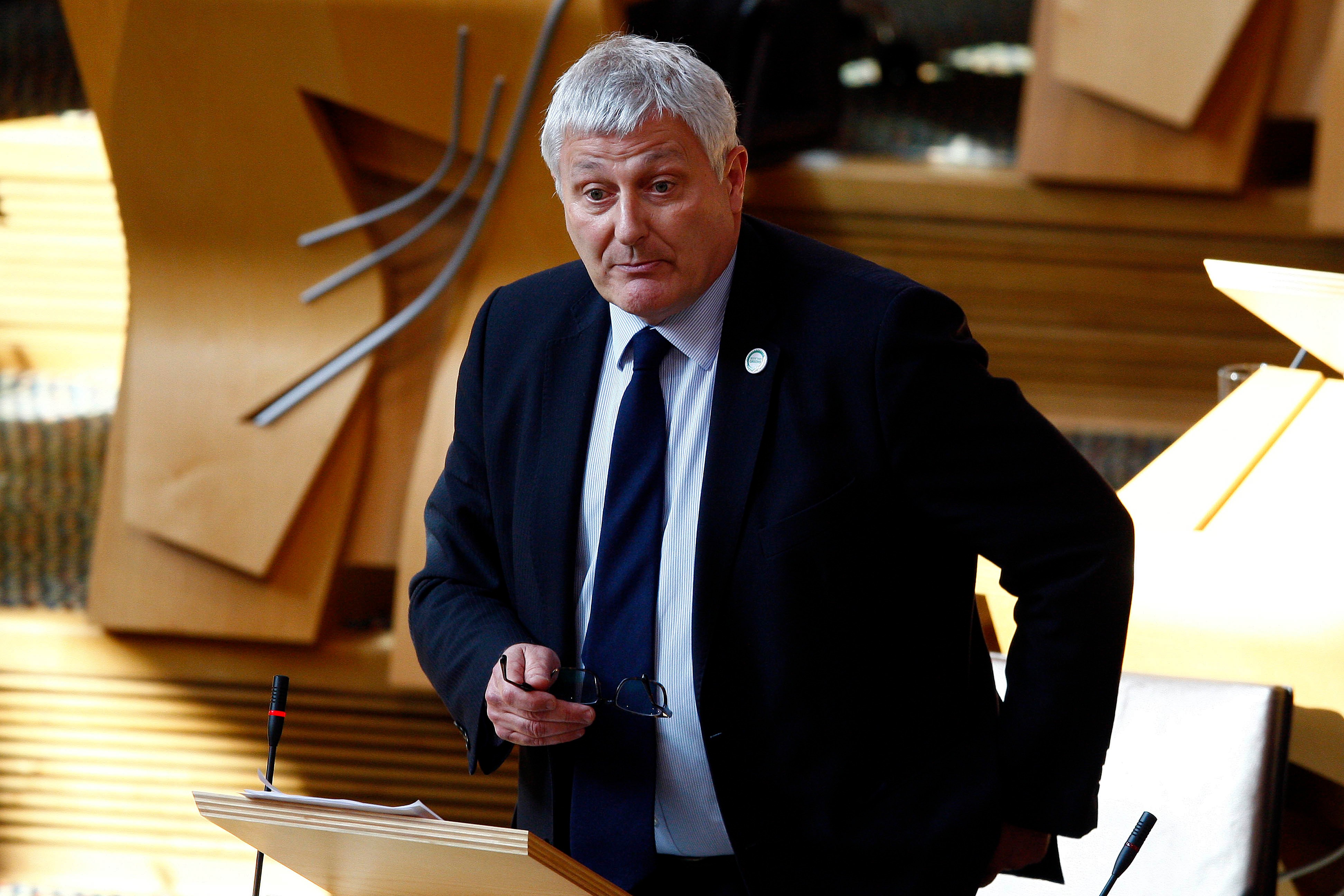
The UK Government has agreed to pay up to £400million in oil and gas decommissioning relief to one of Japan’s largest trading companies.
Mitsubishi is receiving the pay-out to assist with shutting down the Greater Dunlin Area, nearly 100miles north-east of Shetland.
The £400m is going to MCX Osprey and MCX Dunlin, Mitsubishi’s subsidiaries, but the cost ultimately lies with Mitsubishi Corporation which posted revenues of £83.8bn in the nine months to December 2018.
A decision to decommission Dunlin was taken in 2015, with operator Fairfield Energy, based in Aberdeenshire, unable to meet the cost.
Their 70% liability was transferred to partner Mitsubushi, triggering the Japanese firm’s request for government support.
Highlands and Islands Green MSP John Finnie slammed the Treasury decision, saying the government “pleads poverty as it slashes social security spending, harming some of our most vulnerable citizens, but is never short of a few quid when the oil and gas industry come calling”.
North-east Labour MSP Lewis Macdonald said: “If there is any risk of this happening again, the Treasury must look at how decommissioning tax arrangements are actually working, in order to protect the interests of the taxpayer.”
Mitsubishi is getting the payments through Decommissioning Relief Deeds (DRD), introduced in 2013, guaranteeing support for companies if their partners cannot stump up funds for the removal of infrastructure.
The UK Government’s intention was to provide certainty and encourage investment in exploration and production.
The figures were first highlighted in a National Audit Office report published in January, stating an unnamed operator received £45m in 2017-18 and is due to receive a further £299m.
The same report stated that decommissioning tax reliefs are expected to cost the government £24billion.
According to Mistubishi, the total decom cost will be around £939million, with decommissioning expected to be completed around year-end of 2024.
Of that bill, just £352million is expected to come from Mitsubishi’s own cash.
Fairfield Energy said, as operator, it expects to significantly reduce the cost, lowering the amount of overall tax relief Mistubishi can claim, but did not provide an estimate.
Mitsubishi did not respond to requests for comment.
Fairfield Energy said the decision to decommission Dunlin came following the collapse in oil prices and worsening integrity of the asset, making it uneconomic to continue operating.
Managing director John Wiseman said the decision would “reduce the overall remaining cost burdens to the company, its investors, the joint venture partners and ultimately the UK tax payers”.
Graeme Ferguson, who heads up Fairfield’s parent firm, Decom Energy, said: “Ultimately there’s tax relief available in the industry. We work within a well-governed and well-set tax regime.
“Had we not carried on as the joint venture and delivered the outcome that we are delivering, then the cost would have been substantially higher than it is just now.
“So you’ve got a highly competent operator, backed by the regulatory bodies, to carry on doing the job it was put in place to do, trying to deliver that at the lowest possible cost outcome which is to the benefit of the taxpayer.”
Despite the payout to the Japanese giant, law professor at Aberdeen University, John Paterson said it all needs to be kept in context of the field’s contribution to the economy.
He said: “The extent to which the UK taxpayer will make a substantial contribution to the costs of decommissioning has been evident for a long time, but it is only in the past year or two that it has come more to the attention of the public.
“The sums are large, but need to be set in the context of the very substantial tax bills the industry has paid over the lifetime of the basin, measured in hundreds of billions of pounds, to say nothing of the employment that it has brought, directly and indirectly, and thus the further personal and corporate income tax payments that have been generated.”
Analysis: Government relief deeds for decommissioning
Fairfield became operator of Dunlin in 2008 when Shell sold its controlling interest to Fairfield and Mistubishi.
More than 522million barrels of oil have been produced from the area, which started producing in 1978.
An HM Treasury spokesman said: “Decommissioning relief deeds give certainty on the level of relief that oil and gas companies will receive when it comes to decommissioning.
“Industry estimates show these have unlocked £6bn of capital for reinvestment, supporting the government’s ambition to maximise economic recovery of the UK’s oil and gas reserves.”

